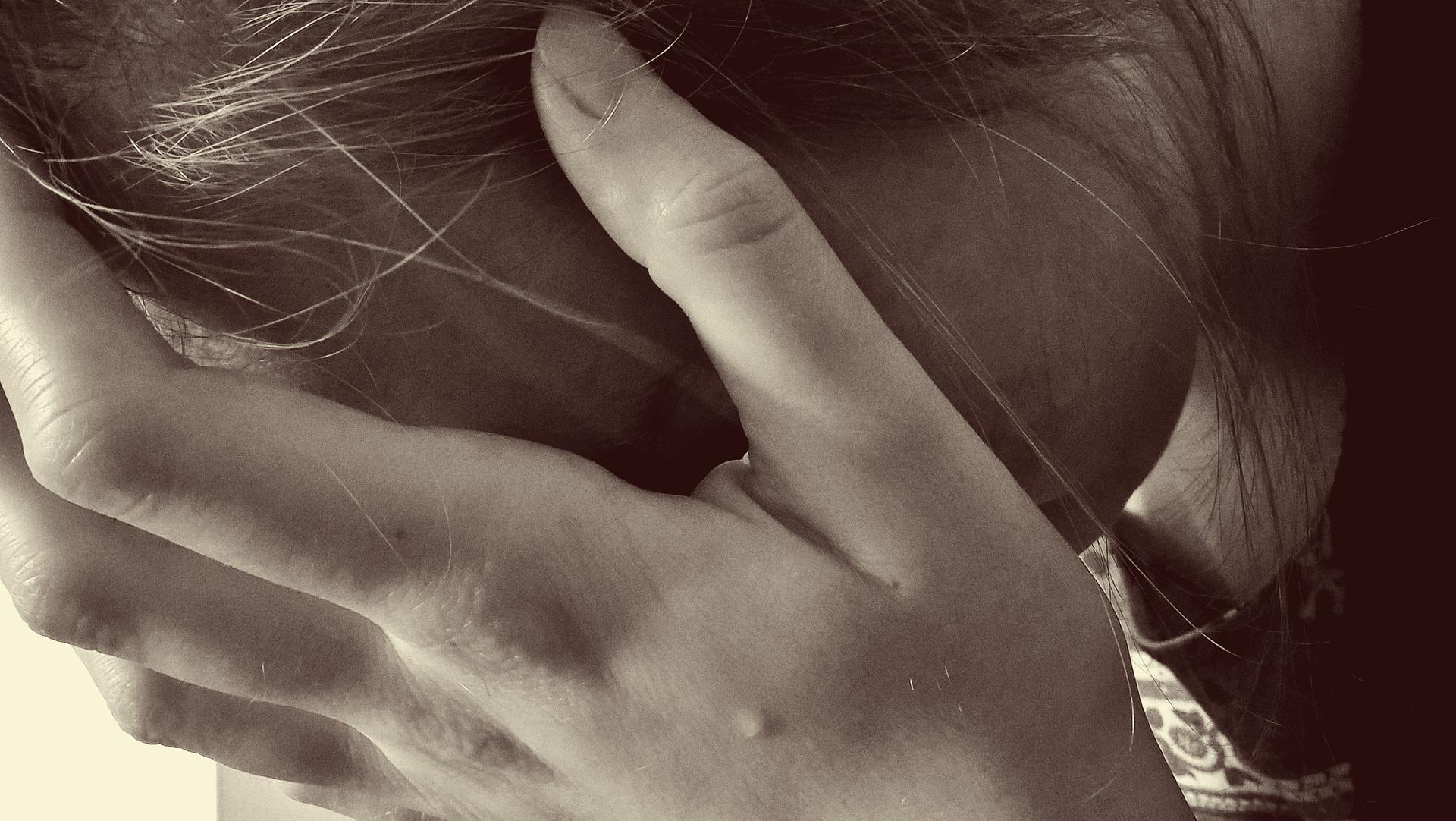Depression 50% higher in women with PCOS

Women diagnosed with Polycystic Ovary Syndrome (PCOS) are 1.5 times more likely to have symptoms of clinical depression than women without the condition, a new study from the University of Adelaide’s Robinson Research Institute has found. This was the case whether or not women knew they had PCOS.
PCOS is a common endocrine disorder affecting around 12% of women. It is associated with a range of conditions including irregular periods, excess body hair, obesity and infertility. Despite being one of the most common endocrine conditions affecting women, there are few studies examining the pathways to diagnosis of PCOS.
Research indicates that receiving a formal diagnosis of PCOS is closely linked to seeking help for infertility, with women with diagnosed PCOS being four times more likely to have experienced difficulties becoming pregnant compared to undiagnosed women.
Researchers at the Robinson Research Institute undertook a community-based study of almost 1000 South Australian women that found around half of the 120 women with PCOS had not received a diagnosis by their early 30s.
“Our research and other findings point to depression in PCOS not simply being related to distressing symptoms, but possibly a physiological part of the condition itself.”Professor Michael Davies
Published in Human Reproduction, the study went on to compare the health profiles of women with diagnosed and undiagnosed PCOS.
Lead author Dr Renae Fernandez said that attempting to start a family and having problems with fertility was a major predictor of receiving a PCOS diagnosis.
“This suggests that PCOS is commonly not identified until women attempt to get pregnant, meaning that they may be living with other distressing symptoms of PCOS for many years before they receive appropriate care and support.”
“The study found that 50% of women with PCOS, regardless of whether they were diagnosed, had clinical depression symptoms. This was 50% higher than among women without PCOS, indicating the increased risk of depression linked to PCOS is not due to the process of diagnosis, but occurs before the diagnosis.”
“These findings reinforce the recommendations of the International evidence-based guideline for the assessment and management of PCOS to screen all women with PCOS for depression and anxiety”, said senior author Professor Michael Davies from the University of Adelaide's Robinson Research Institute.
"Our research and other findings point to depression in PCOS not simply being related to distressing symptoms, but possibly a physiological part of the condition itself.”
This research has been funded by the National Health and Medical Research Council (NHMRC) Centre for Research Excellence in Polycystic Ovary Syndrome.
Media Contacts:
Doctor Renae Fernandez, Robinson Research Institute, The University of Adelaide. Mobile: +61 (0)439 901 284, Email: renae.fernandez@adelaide.edu.au
Professor Michael Davies, Robinson Research Institute, The University of Adelaide. Phone: +61 8 8313 6845, Mobile: +61 (0)422 006 272, Email: michael.davies@adelaide.edu.au
Elisa Black, Manager – News and Media, The University of Adelaide. Mobile: +61 (0)466 460 959, Email: elisa.black@adelaide.edu.au
